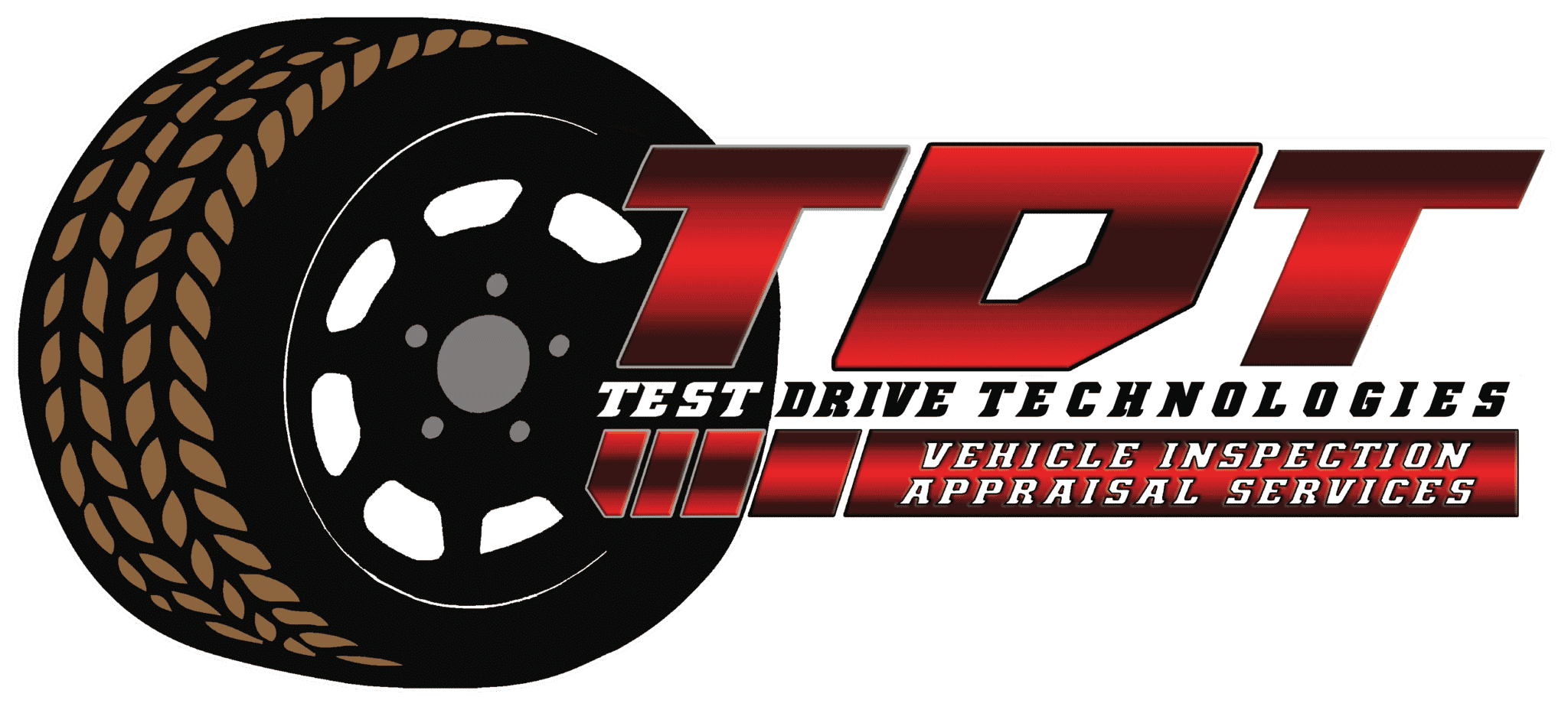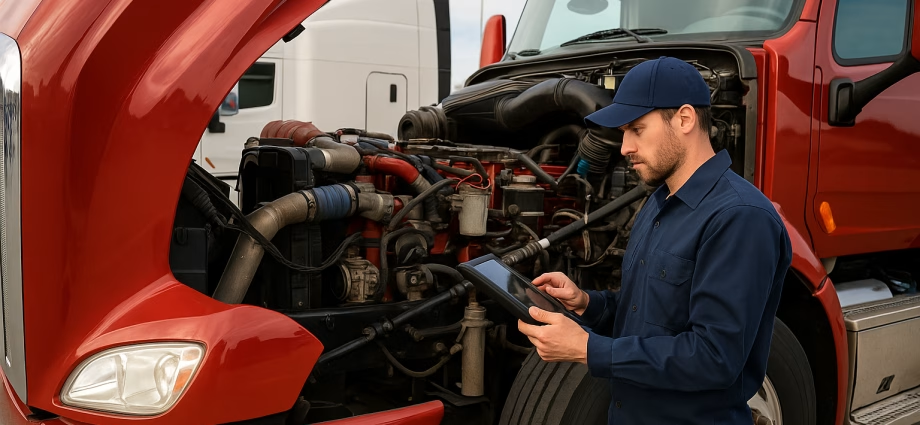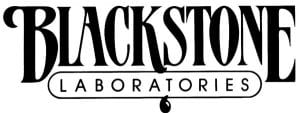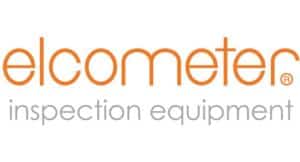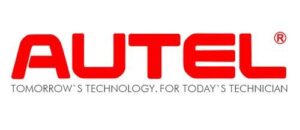Pre-Purchase Inspection for Commercial Trucks: Avoid Expensive Mistakes
In this high-turnover market, scheduling a pre-purchase inspection for commercial trucks is critical to avoid expensive mistakes. The U.S. used truck market has just logged its second consecutive quarter of record-breaking sales, with Class 8 truck transactions up significantly across March and April 2025. Inventory is turning faster than ever, and buyers—from fleet operators to independent owner-operators—are moving quickly to secure used equipment.
In today’s record-setting used truck market, a commercial truck inspection is critical to avoid costly surprises.
Why Pre-Purchase Inspections for Commercial Trucks Matter More Now
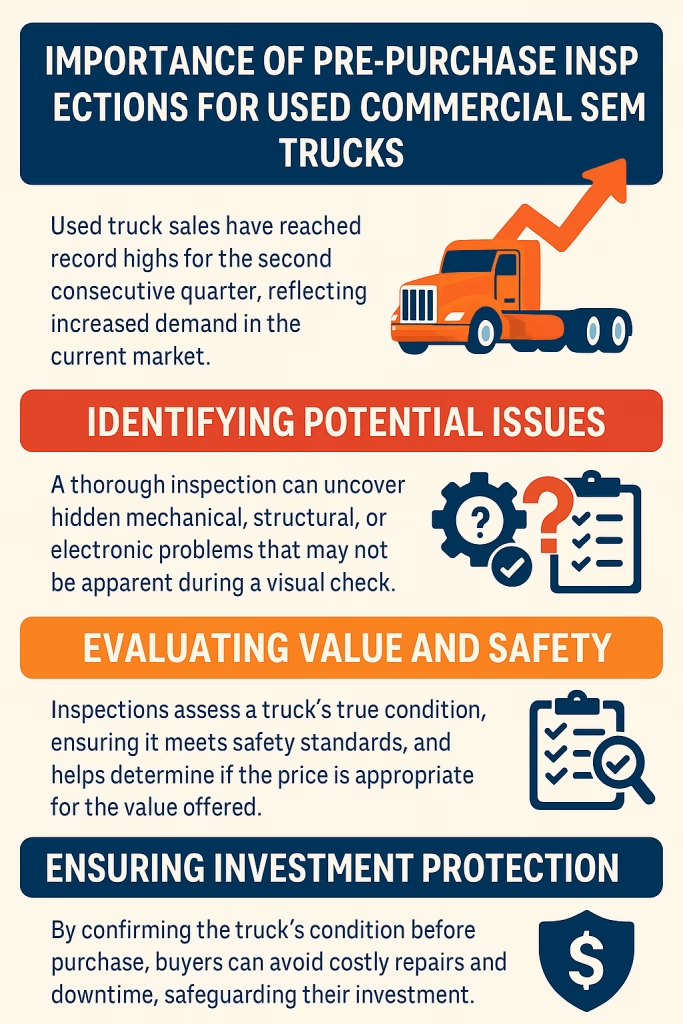
With used truck demand at historic highs, dealers and auction houses are pushing units onto lots with minimal reconditioning. And while a truck may look sound on the surface, major issues often lie beneath the hood:
- Undisclosed collision damage or frame repairs
- Tampered emissions systems (e.g., DPF, SCR, EGR deletes)
- Odometer rollbacks or ECM manipulation
- Brake and suspension wear not visible on visual checks
Skipping an inspection could mean inheriting tens of thousands of dollars in deferred repairs, or worse, buying a truck that is out of DOT or CARB compliance.
According to Truck Paper, late-model sleeper cab values rose more than 20% in early 2025, while quality inventory remains scarce.
What a Pre-Purchase Inspection for Commercial Trucks Includes
A proper heavy-duty truck inspection should be conducted by a certified heavy-duty mechanic or vehicle inspector with experience in fleet-level evaluations. Here’s what they’ll assess:
| System | Key Checks |
|---|---|
| Engine & Powertrain | Oil leaks, blow-by, turbo condition, coolant/oil contamination |
| Transmission & Clutch | Shift quality, freeplay, fluid leaks, clutch wear |
| Emissions & ECM | Active fault codes, regen history, sensor faults, tampering detection |
| Brake System | Air pressure build-up, slack adjusters, pad/drum wear, TPV operation |
| Frame & Suspension | Rust, cracks, welds, air ride, fifth wheel, alignment |
| Electrical & Lighting | ABS function, ECM data, battery integrity, safety lights |
| Tires & Wheels | Tread depth, irregular wear, wheel seal leaks |
| Road Test | Performance under load, braking, steering, vibration analysis |
These advantages highlight why an inspection for commercial trucks is essential in today’s market.
For more details, see our commercial truck inspection services page.
Protect Your Investment and Gain Leverage
A professional pre-purchase inspection for commercial trucks gives you more than peace of mind:
- Accurate condition reporting before you buy
- Negotiating power when defects are identified
- Regulatory assurance—pass FMCSA and CARB reviews
- Proof for insurance, financing, or resale documentation
Buying a $75,000 truck without an inspection is like buying a house without an appraisal. Don’t gamble on guesswork.
DIY vs. Professional Evaluation
While some buyers attempt visual checks, only a professional pre-purchase inspection for commercial trucks reveals the full mechanical and regulatory picture.
- Scan and interpret ECM codes
- Detect hidden emissions bypasses
- Identify pre-failure mechanical indicators
- Verify safety compliance with DOT standards
Typical inspection costs range from $300 to $600. When you’re facing a six-figure purchase, that investment is minimal.
Internal and External Resources
- Learn about DOT Compliance Requirements
- Research truck values on J.D. Power
- Browse our About or Contact pages for expert consulting
Final Takeaway
In today’s red-hot truck market, every buyer should insist on a pre-purchase inspection for commercial trucks. It’s the only reliable way to:
- Protect your capital investment
- Avoid regulatory headaches
- Prevent downtime and mechanical surprises
- Ensure you’re getting what you paid for
Inspect before you invest—get a certified pre-purchase inspection for commercial trucks before you buy.
